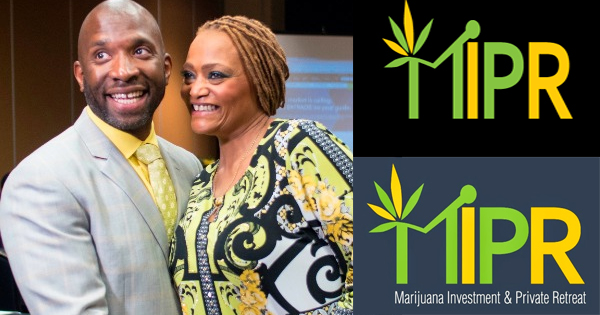5. Limit your spending.
Out of all of the habits mentioned thus far, this may be the hardest to develop. It can seem impossible to resist spending money when you finally have a steady income, but keep in mind that loans and credit cards aren’t free money – if you don’t pay them back, your credit score will likely suffer.
How: If you’re about to purchase something, question whether you really need it. If you don’t absolutely need the item, set it aside and think on it for a few days. This could help prevent impulse purchases that you may not really want. In addition, research the products you do need to buy to make sure you’re getting the lowest possible price. With the Internet at your fingertips, you have practically no excuse for paying more than you have to.
The Bottom Line
Remember, a good credit score can cost or save you thousands of dollars, so it’s important to make it the best it can be. Developing good credit habits while you’re young can do wonders for your financial situation when you’re older and ready to make a major money decision like buying a home or retiring. Start now and reap the benefits in the future.
PREVIOUS 5 of 5
[fbcomments url=”http://urbanmoney.org/project/5-smart-credit-habits-to-start-in-your-20s-5/” width=”790″ count=”off” num=”30″ countmsg=”wonderful comments!”]

















